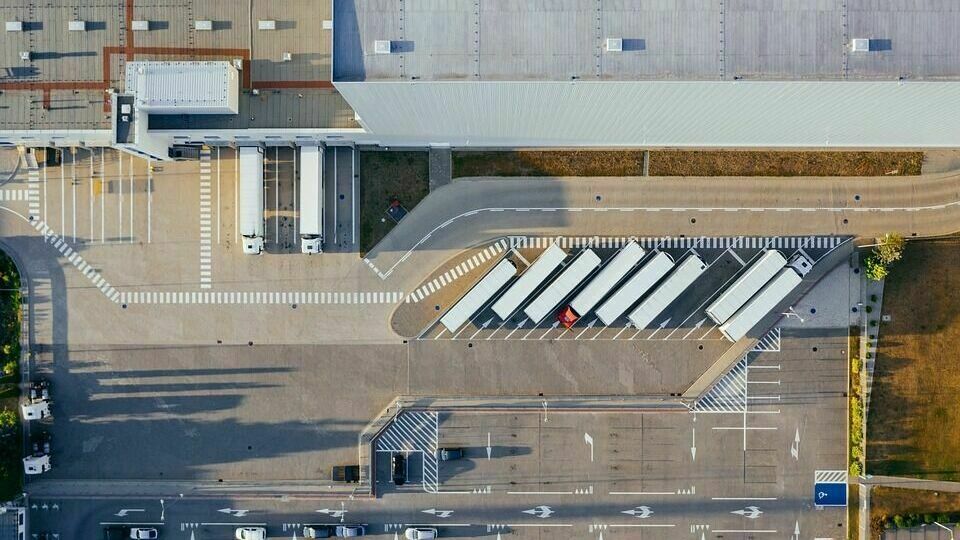Posted 10 апреля 2023, 04:25
Published 10 апреля 2023, 04:25
Modified 10 апреля 2023, 06:45
Updated 10 апреля 2023, 06:45

Kommersant: there is a shortage of warehouses in the CIS due to parallel imports to Russia
The number of requests from Russian companies for warehouses in the former Soviet Union countries has doubled and almost reached 400 thousand square meters. This is confirmed by the data of the real estate agency NF Group, published in the newspaper Kommersant. In the CIS countries, such as Armenia, Georgia, Kazakhstan, Kyrgyzstan and Tajikistan, there are almost no free warehouse areas left, and there are also few land plots for the construction of warehouses there.
The CIS markets began to attract the attention of Russian companies last year, when they needed to organize logistics chains for parallel imports. The lack of warehouse infrastructure may complicate the further growth of this market. According to the representative of the logistics operator, there are few sites prepared for the construction of warehouses in the CIS countries, which may become an obstacle for Russian companies to conclude deals on the construction of warehouses for their needs.
The demand for warehouses in the post-Soviet space is formed by large retailers, including those engaged in e-commerce, and logistics operators. About 80% of warehouse requests come from Wildberries and Ozon. Alexander Perfiliev, Commercial director of the developer of logistics parks Ghelamco, confirms that last December Wildberries was offered two warehouses and land plots for the construction of logistics parks in Astana and Almaty. Alexey Sapon, Ozon's CIS Operations Director, informs that since 2021, the marketplace has a logistics infrastructure in Belarus, Kazakhstan and Kyrgyzstan, which allows increasing by 50% the number of sellers from these countries on the online platform and reducing delivery times.
Meanwhile, Rosstandart began to revoke certificates that allowed registering cars that were being transported to Russia from abroad for parallel import. Customs can join this process. Tens of thousands of citizens were at risk.